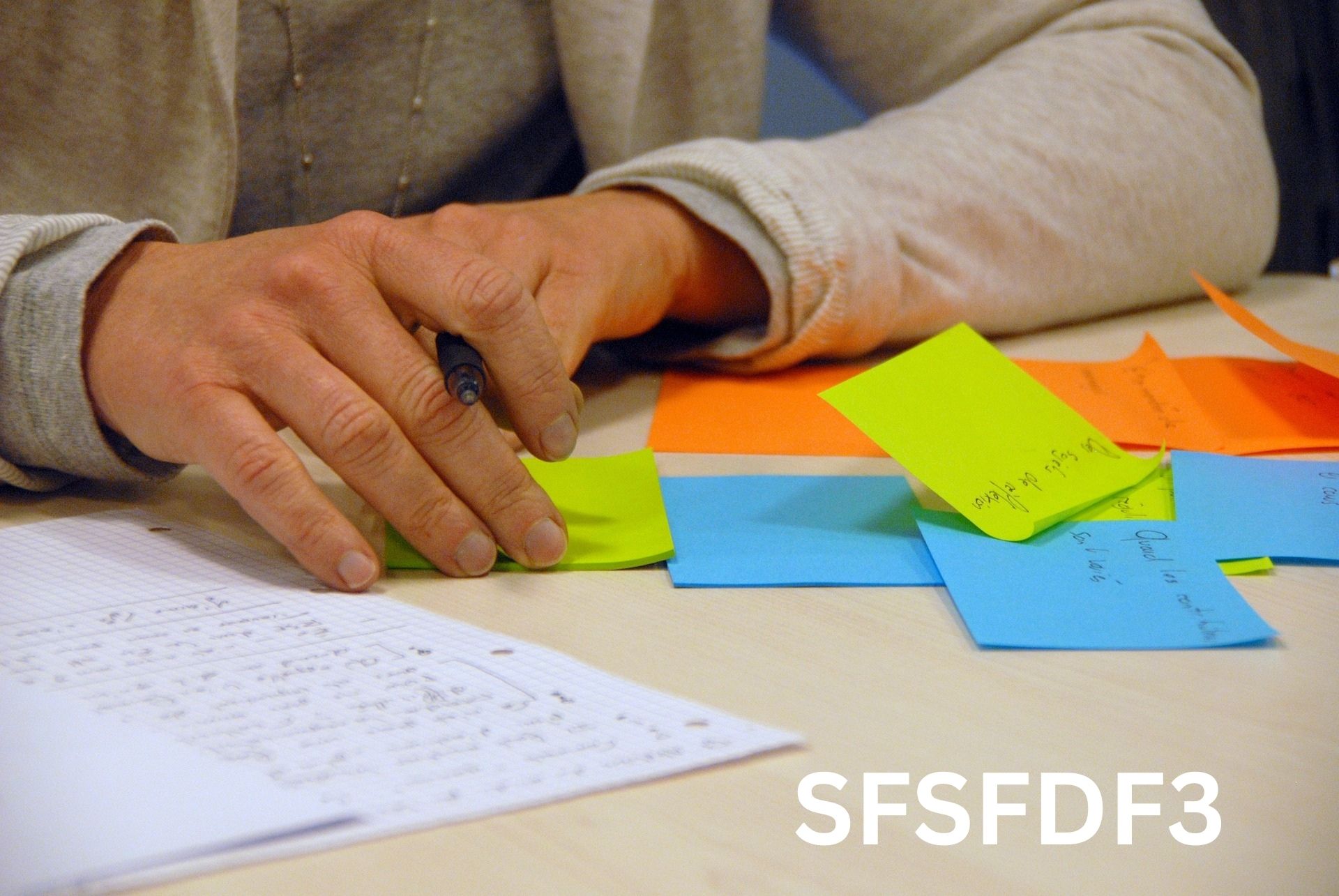In the fast-paced world we live in, intense urges can often feel overpowering. Whether it’s the desire to indulge in an unhealthy habit or the sudden impulse to make a risky decision, these urges can shape our behaviors in profound ways. The term “urge forcefully,” recently explored by the New York Times (NYT), highlights how these strong internal drives work and why they can be so difficult to resist.
This in-depth article will explore the roots of “urge forcefully,” its psychological underpinnings, the brain’s role in managing impulses, and actionable strategies to take back control.
See more: Achieve Global Publishing Success with www.blueflamepublishing.net
Contents
- 1 Understanding ‘Urge Forcefully’
- 2 Psychological and Emotional Drivers
- 3 Consequences of Acting on Forceful Urges
- 4 Why Do Some People Experience Stronger Urges?
- 5 The Brain’s Role in Impulse Control
- 6 Proven Strategies for Managing Forceful Urges
- 7 The Power of Self-Awareness in Controlling Urges
- 8 FAQs
- 9 Conclusion
Understanding ‘Urge Forcefully’
At its core, “urge forcefully” refers to a compulsion to act on a desire that feels urgent, sometimes leading to impulsive decisions. These urges can come from deep emotions, unconscious needs, or environmental triggers that we may not always recognize. This concept doesn’t just apply to minor cravings; it includes powerful forces that can override rational thinking.
For example, someone may feel compelled to make a large, unnecessary purchase, ignoring long-term financial consequences. In such moments, the urge seems to “force” the individual into action without considering the aftermath.
Psychological and Emotional Drivers
The intensity of forceful urges is often linked to our subconscious mind. Past experiences, particularly those involving deprivation, trauma, or emotional stress, can fuel these urges. According to research and expert analysis in the NYT, these strong compulsions frequently arise when certain triggers—such as stress, boredom, or specific social situations—activate deeper emotional needs.
Conditions like Obsessive-Compulsive Disorder (OCD) or impulse-control disorders often involve such urges. These conditions amplify emotional responses, making it harder to resist.
Key Psychological Triggers:
- Stress and Anxiety: These mental states often increase the likelihood of acting on forceful urges. The mind seeks relief, leading to impulsive actions.
- Subconscious Memories: Emotional memories stored in the subconscious may trigger urges that seem unrelated to the present situation.
- Environmental Cues: Specific triggers, like the sight of food for someone battling overeating, can prompt a wave of desire that feels impossible to ignore.
Understanding these emotional and psychological roots helps develop the self-awareness necessary for controlling impulsive behavior.
Consequences of Acting on Forceful Urges
When individuals repeatedly act on these overpowering urges, the consequences can be significant. Immediate rewards may offer short-term satisfaction, but the long-term fallout often leads to regret. The NYT has emphasized how this pattern can erode self-discipline over time.
For instance, impulsive shopping may lead to financial instability. Overeating in response to stress can result in health issues. Unchecked, these forceful urges contribute to a cycle where impulsivity becomes the default response, weakening overall self-control.
Common Impacts:
- Financial Strain: Overspending due to strong compulsions can lead to mounting debt and financial instability.
- Health Issues: Indulging in unhealthy eating, drinking, or smoking under the influence of forceful urges can harm physical health.
- Relationship Struggles: Acting impulsively in relationships can strain trust, communication, and long-term stability.
Why Do Some People Experience Stronger Urges?
Not everyone experiences these urges with the same intensity. Genetics, brain chemistry, and environmental influences all play a role. Some individuals may have a predisposition toward impulsive behavior due to inherited traits or childhood experiences that shaped their understanding of gratification.
Key Factors Contributing to Intensity:
- Genetic Predisposition: Those with a family history of addiction or impulse-control issues may have a harder time managing urges.
- Upbringing: People raised in environments that encouraged immediate gratification may struggle with delayed rewards.
- Temperament: Individuals with a more impulsive or emotional temperament often experience stronger urges, finding them harder to resist.
The Brain’s Role in Impulse Control
The brain plays a critical role in managing urges, with the prefrontal cortex (responsible for decision-making) often in conflict with the amygdala (the brain’s emotional center). In moments of intense desire, the amygdala can overpower logical thought, leading to impulsive actions.
NYT research indicates that understanding this brain dynamic is essential for overcoming forceful urges. Strengthening the prefrontal cortex through specific techniques, like mindfulness or cognitive-behavioral therapy (CBT), can help regain control over these powerful emotional responses.
How the Brain Processes Urges:
- Prefrontal Cortex: This region helps control impulses, weighing consequences before actions are taken.
- Amygdala: When urges become overwhelming, the amygdala hijacks rational thought, pushing individuals toward instant gratification.
Understanding how these brain regions work together (and sometimes against each other) allows for more effective strategies in managing impulses.
Proven Strategies for Managing Forceful Urges
To regain control over impulsive actions, several strategies can be employed. These techniques not only help in resisting urges but also develop long-term habits that reinforce self-discipline.
1. Mindfulness Meditation
Practicing mindfulness enables individuals to observe their thoughts and urges without acting on them immediately. By staying present and acknowledging the urge, it becomes easier to wait until it passes.
2. Cognitive Behavioral Therapy (CBT)
CBT is a powerful method for identifying thought patterns that lead to impulsive behaviors. By reframing these thoughts, individuals can avoid acting on their urges.
3. Set Boundaries
Physical and mental boundaries can limit the opportunity to act on forceful urges. For example, if overspending is a problem, creating strict limits on credit card use or avoiding shopping environments can help.
4. Healthy Distractions
Engaging in physical activities, hobbies, or tasks that require focus diverts attention from the urge and reduces its intensity.
5. Journaling
Writing down thoughts and urges helps to externalize them, making them easier to analyze and control.
The Power of Self-Awareness in Controlling Urges
One of the most important aspects of managing forceful urges is self-awareness. By recognizing the triggers, emotions, and patterns that lead to impulsive behavior, individuals can develop strategies to intervene before acting on their urges. Self-awareness can be cultivated through therapy, self-reflection, and journaling, allowing for greater control over impulses.
FAQs
What is ‘urge forcefully’?
“Urge forcefully” refers to an overwhelming compulsion to act on a desire or emotion, often without considering the consequences.
Why do some people experience stronger urges?
The intensity of urges can depend on factors like genetics, upbringing, and individual temperament. Psychological conditions like OCD can also amplify these urges.
How can I manage forceful urges?
Strategies like mindfulness meditation, cognitive-behavioral therapy, setting boundaries, and engaging in healthy distractions can help manage intense urges.
Can the brain control these urges?
Yes, the prefrontal cortex plays a role in impulse control, while the amygdala processes emotions. Strengthening the prefrontal cortex can improve self-control.
Conclusion
The concept of “urge forcefully” highlights the complex dynamics between emotions, psychology, and brain function. By understanding the roots of these strong urges and using proven techniques to manage them, individuals can break free from impulsive behaviors and regain control over their actions. Developing self-awareness and employing strategies like mindfulness and CBT offer lasting solutions for managing urges, leading to healthier decision-making and improved mental well-being.











